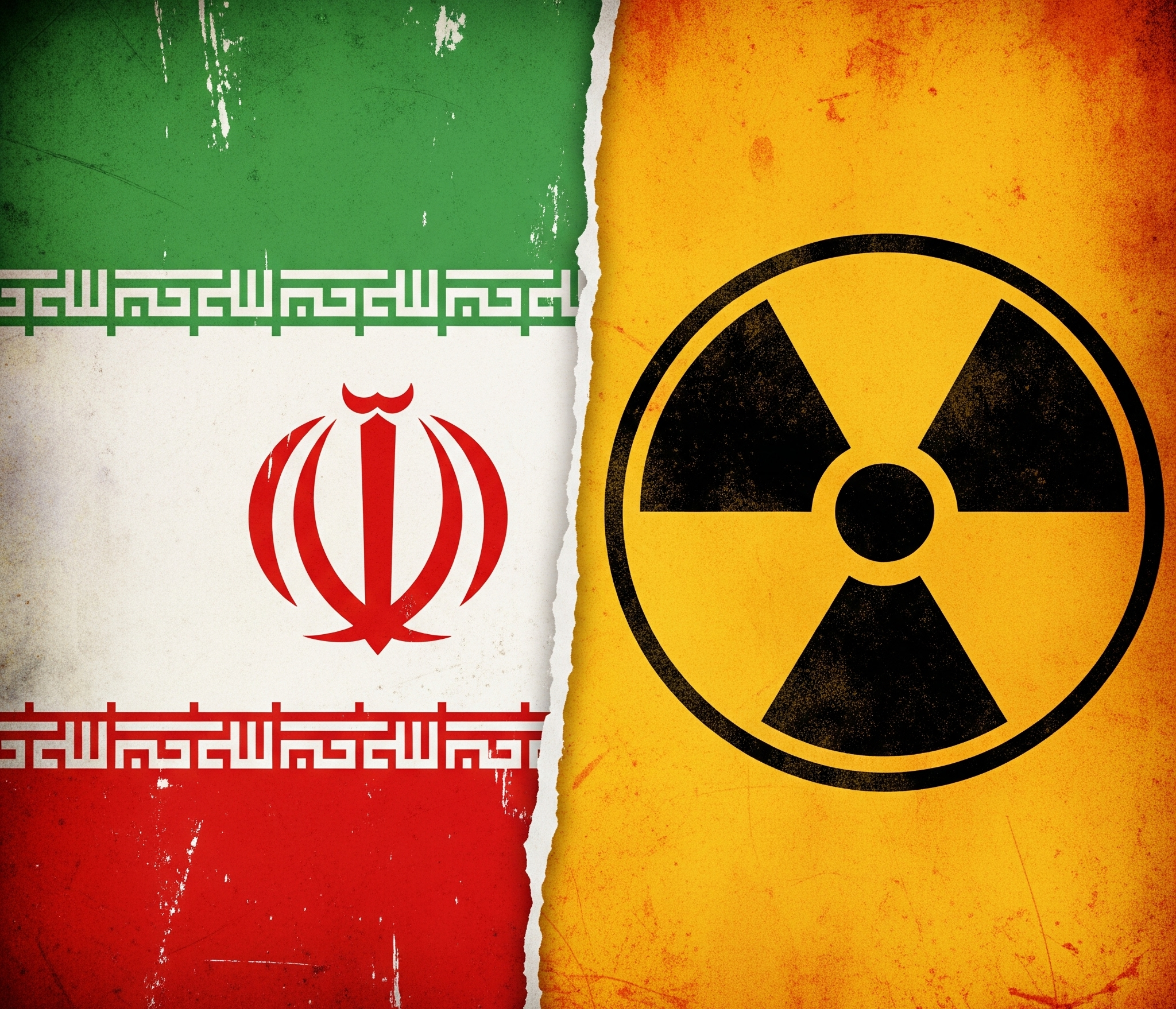
The Baloch Advocacy and Studies Center (BASC) is deeply concerned by the International Atomic Energy Agency’s (IAEA) latest report, which confirms that Iran has violated its nuclear obligations for the first time since 2012. The report says Iran has enriched uranium close to weapons-grade levels and has blocked important inspections. This is a serious development with major risks for the Middle East and the world.
As an organisation committed to the promotion of peace and protection of human rights, particularly for the Baloch people, we are deeply troubled by the Iranian regime’s continued defiance of international norms. The increasing militarisation of the Iranian state, combined with its oppressive domestic policies and systemic persecution of indigenous peoples, including disproportionate executions of Baloch prisoners, underscores the dangers of such a regime possessing advanced nuclear capabilities.
Iran’s nuclear program has far-reaching consequences beyond regional security, severely affecting its citizens, particularly those in Balochistan. The lack of safety measures and health monitoring around uranium enrichment and nuclear waste disposal poses serious environmental and health risks to local populations. At the same time, vast public funds are diverted to nuclear development while essential services like healthcare, education, clean water, and infrastructure remain neglected in the country. Voices of dissent, including journalists, environmental advocates, and human rights defenders, are routinely silenced through intimidation, imprisonment, or worse. The regime further uses “national security” as a justification to intensify internal repression, particularly targeting those who speak out against its policies.
Unchecked nuclear development by a state with a long record of rights abuses and regional aggression is a danger not only to its citizens but to the entire Middle East and beyond. Now is the time for principled international action grounded in both non-proliferation and human rights.
We call on the international community, particularly the UN Security Council and European governments, to:
1. Hold Iran accountable for its nuclear violations through robust diplomatic and legal mechanisms.
2. Ensure any renewed nuclear negotiations are conditioned upon Iran’s full cooperation with the IAEA and tangible improvements in its human rights record.
3. Support the voices of civil society and oppressed peoples, including the Baloch, who bear the brunt of Iran’s internal repression and whose security is further endangered by regional militarisation.
